


























Discover how AI and Automation are changing the way we work today, and how they will shape the future
The AI HR Summit 2024 is 100% Online and Free, once you’ve reserved your spot we will send more information on how you can make the best of the event.
December 3

1:00 pm
-
1:45 pm
Panel
AI and the CHRO: Balancing the Power of Technology With the Human Touch
As AI rapidly reshapes the workplace, Chief HR Officers (CHROs) and their teams stand at a pivotal crossroads. The challenge lies in harnessing AI's transformative potential while safeguarding the human-centric values that define great organizations—trust, fairness, and empathy. Psychological safety, employee experience, and ethical considerations are all on the line as AI becomes a key player in decision-making and productivity enhancement. For CHROs, the opportunity is profound: those who strike the right balance between leveraging AI to personalize and streamline processes while amplifying the "human touch" will drive unprecedented engagement, agility, and business outcomes. The path ahead requires HR to lead with a mix of data-driven insights and thoughtful leadership, ensuring AI becomes an augmenter of human potential—not a detractor.
• Fostering Trust in AI: Build transparency around AI adoption by implementing ethical guidelines, engaging employees, and aligning AI use with organizational values.
• Balancing Personalization with Equity: Use AI to deliver tailored experiences while maintaining fairness and consistency across diverse teams.
• Future-Ready HR Leadership: Equip HR leaders with the skills to integrate AI strategically, from managing ethical risks to partnering with IT on transformational roadmaps.
2:00 pm
-
2:45 pm
Panel
Humans in The Age of AI: Learning, Skills and The Future of Jobs
Today, the workforce’s ability to adapt to change is out of sync with the pace of change, creating a workforce readiness gap that is costing people and organizations. As organizations face a widening Workforce Readiness Gap, the ability to adapt swiftly is vital for sustained profitability and competitiveness. Maximizing AI’s power can help improve speed to productivity, reduce risks, and increase customer retention.
• Close the Readiness Gap: Use AI-powered tools to identify skill gaps and implement targeted, personalized upskilling programs that drive adaptability and productivity.
• Boost Employee Confidence: Support employees by embedding change readiness into the culture through continuous learning and clear communication about AI’s role in the workplace.
• HR as Strategic Partner: Position HR as the driver of long-term workforce adaptability, partnering with leadership to integrate AI and future-proof talent strategies.
3:00 pm
-
3:45 pm
Panel
How AI is Shaping the Work, Workforce, and Workplace of the Future
AI is fundamentally reshaping how work is performed, the skills employees need, and the environments in which they operate. For Chief HR Officers, the challenge lies in navigating this transformation thoughtfully—engaging employees at all levels, addressing ethical concerns, and ensuring the workforce is equipped for the future. AI presents a profound opportunity: to enhance productivity, create new roles, foster collaboration between humans and technology, and build more inclusive workplaces. By integrating AI responsibly and strategically, HR leaders can drive innovation, boost employee engagement, and shape an adaptive and sustainable workplace for years to come.
• Upskill Strategically: Balance technical training with human-centric skills like creativity and empathy to prepare employees for AI-driven roles.
• Drive Ethical AI Implementation: Establish clear frameworks to ensure AI systems are fair, transparent, and free from bias, building trust across the organization.
• Foster Human-AI Collaboration: Create a culture where AI is seen as an enabler, enhancing productivity and innovation while maintaining a people-first approach.
5:00 pm
-
5:45 pm
Panel
This Is How AI is Transforming Talent Management & TA
AI is reshaping how organizations approach talent acquisition and management, offering unparalleled opportunities to enhance efficiency, reduce bias, and create more personalized employee experiences. For Chief HR Officers, Chief Talent Officers, and Global Heads of Talent Acquisition, the challenge lies in integrating AI responsibly—ensuring fairness, transparency, and ethical compliance—while adapting to the rapid pace of innovation. By leveraging AI for tasks like candidate matching, performance review support, and recruitment personalization, leaders can streamline processes, enhance decision-making, and improve outcomes for both employees and the organization. Getting this right means preparing for a future where AI is a strategic enabler, not just a tool, in building high-performing, diverse, and engaged teams.
• Reduce Bias in Hiring: Implement AI tools to anonymize candidate data and ensure equitable hiring processes without compromising quality.
• Enhance Decision Transparency: Incorporate ""human-in-the-loop"" checks to balance AI's capabilities with ethical oversight and build trust across the organization.
• Future-Proof HR Teams: Invest in training HR teams to use AI tools effectively, enabling them to adapt to evolving roles and leverage AI for strategic workforce insights."
6:00 pm
-
6:45 pm
Panel
AI Adoption to AI Adaption: How to Evolve Your HR Strategy in 2025
As organizations transition from adopting AI to fully adapting it into their HR strategies, Chief HR Officers face a pivotal moment to redefine how HR operates. This evolution requires moving beyond implementation to embedding AI seamlessly into workforce management, talent acquisition, and employee experience. The challenge lies in aligning AI-driven solutions with organizational goals while addressing resistance and ensuring AI remains human-centered. The opportunity ahead is immense: HR leaders who successfully adapt AI into their strategies will unlock deeper insights, enhance decision-making, and future-proof their organizations against the rapidly advancing technological landscape.
• Build Cross-Functional Alignment: Ensure AI strategies align with organizational goals and foster collaboration between HR, IT, and leadership to drive success.
• Invest in AI-Ready Skills: Equip HR teams with the competencies needed to leverage AI effectively, focusing on data literacy, ethical AI use, and strategic integration.
• Measure and Optimize: Track AI’s impact using metrics like employee engagement, retention, and recruitment success, and use insights to refine your strategy continuously.
7:00 pm
-
7:45 pm
Panel
The AI Revolution: What’s Coming for People Analytics—and How to Stay Ahead in 2025
AI is redefining people analytics, moving beyond descriptive insights to predictive and prescriptive analytics that can transform workforce planning, talent management, and decision-making. For People Analytics Leaders, Chief HR Officers, and their data analytics teams, the challenge is twofold: integrating AI seamlessly into existing systems while addressing ethical concerns like bias and data privacy. However, the opportunity is vast. By leveraging AI to generate real-time insights, predict trends, and enhance employee experiences, organizations can gain a competitive edge, improve agility, and drive meaningful action. Mastering this evolution requires building trust in AI, developing new skills, and preparing for continuous innovation.
• Evolve Beyond Descriptive Analytics: Transition from static reports to AI-powered prescriptive analytics that offer actionable recommendations for HR decisions.
• Build Trust and Ethics: Establish transparent AI frameworks to address concerns around bias and data misuse, ensuring responsible and fair implementation.
• Future-Proof Analytics Teams: Invest in AI literacy, data science, and real-time decision-making skills to equip teams for an AI-driven future.
8:00 pm
-
8:45 pm
Panel
Partnerships in the C-Suite to Drive AI Transformation at Scale
The successful implementation of AI at scale requires a unified C-suite strategy, where leaders across HR, IT, operations, and finance work in lockstep. For Chief HR Officers, this means playing a critical role in aligning AI initiatives with workforce strategies, fostering cross-functional collaboration, and driving cultural readiness for transformation. The challenge lies in overcoming resistance to change, ensuring data readiness, and embedding AI into the organization’s long-term vision. However, the opportunity is transformative: by partnering with the CIO and other C-suite leaders, HR can help scale AI solutions that not only enhance operational efficiency but also create meaningful employee experiences, future-proofing the workforce for the digital age.
• Collaborate Across the C-Suite: Build strong partnerships between HR, IT, and other leaders to align AI initiatives with organizational goals and drive company-wide impact.
• Overcome Resistance to Change: Address leadership and employee concerns about AI through clear communication, transparency, and reskilling programs.
• Define Success Metrics: Establish clear KPIs and metrics to measure the ROI of AI initiatives, ensuring alignment with the company’s vision and strategy.
December 4
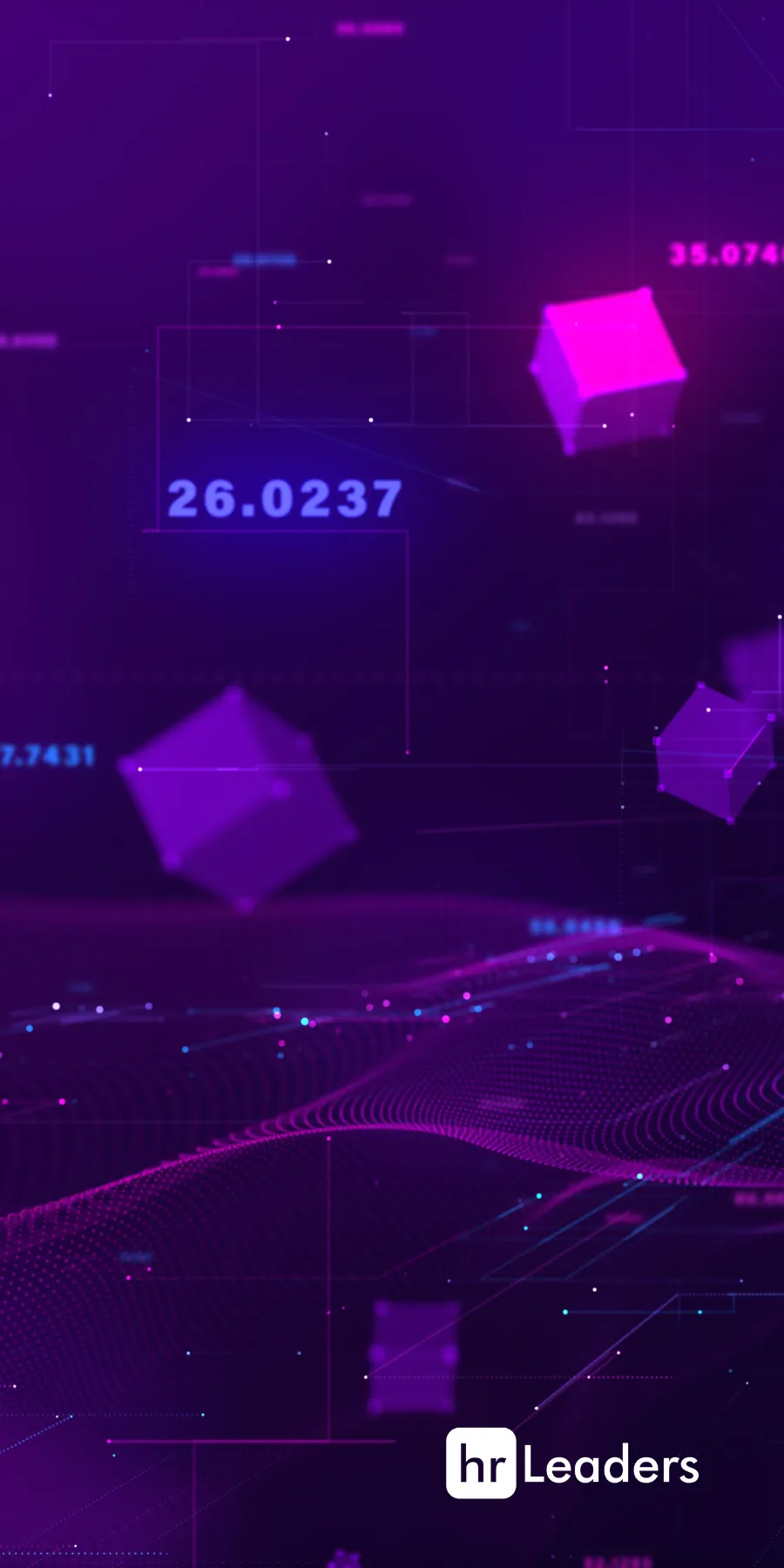
1:00 pm
-
1:45 pm
Panel
Empowering HR with AI: Building an Engaged and High-Performing Organization
AI is revolutionizing HR by enabling leaders to transform traditional processes and foster an engaged, high-performing workforce. However, many organizations face skepticism and fear surrounding AI adoption, stemming from concerns about data privacy, psychological safety, and potential bias. For Chief HR Officers, the challenge is clear: overcoming these barriers while integrating AI to drive real-time insights, enhance employee engagement, and personalize learning pathways. The opportunity is enormous—HR teams can use AI to replace outdated processes with agile, data-driven strategies that elevate workforce performance, build trust, and future-proof organizations in an evolving digital landscape.
• Foster AI Trust and Adoption: Build confidence in AI by emphasizing transparency, addressing bias concerns, and creating clear policies for ethical use.
• Engage with Real-Time Insights: Use AI to monitor employee sentiment and engagement in real-time, enabling HR to act proactively and improve satisfaction and performance.
• Personalize Development: Leverage AI to deliver tailored learning pathways and upskilling opportunities aligned with employee goals and organizational needs.
2:00 pm
-
2:45 pm
Panel
EX in HR: How to Leverage AI to Support Employees through Moments that Matter
The employee experience (EX) is shaped by critical moments that define engagement, satisfaction, and loyalty—from onboarding and career growth to personal challenges and organizational change. For Chief HR Officers and Global Heads of Employee Experience, the challenge lies in scaling personalized support while maintaining empathy and human touch. AI offers transformative opportunities to enhance EX by delivering timely, tailored solutions that address individual needs during these pivotal moments. By leveraging AI to identify, support, and improve moments that matter, HR leaders can drive deeper connections, foster resilience, and create a more engaged, high-performing workforce.
• Prioritize Key Moments: Use AI to identify critical moments in the employee lifecycle, such as onboarding, career milestones, and crises, and tailor support to these moments.
• Personalize at Scale: Implement AI-driven tools like chatbots and predictive analytics to provide scalable, yet empathetic, solutions that enhance the employee experience.
• Measure and Improve: Leverage AI capabilities to analyze feedback from surveys and employee interactions, ensuring continuous improvement in EX strategies.
3:00 pm
-
3:45 pm
Panel
Precision Talent Strategies: How AI can Anticipate and Close Skills Gaps
The rapid pace of technological advancements, particularly in AI, has widened skills gaps, leaving organizations struggling to align workforce capabilities with evolving business needs. Chief HR Officers face the critical challenge of transitioning from job-focused talent strategies to dynamic, skills-based approaches. AI offers a transformative opportunity to anticipate emerging skills gaps, personalize upskilling initiatives, and build agile skills taxonomies that adapt to changing demands. By leveraging AI, HR leaders can proactively align talent strategies with organizational goals, empower employees to grow, and ensure the workforce remains future-ready in an era of constant change.
• Predict Skills Gaps Early: Use AI to identify emerging skills gaps and align talent strategies with future business needs through predictive analytics.
• Personalize Employee Development: Leverage AI to match employees with tailored upskilling and reskilling opportunities that foster growth and engagement.
• Build Agile Skills Taxonomies: Deploy AI-driven tools to create dynamic skills taxonomies that evolve with workforce demands, enabling precise talent planning.
4:00 pm
-
4:45 pm
Panel
AI-Powered Team Transformation at Scale
AI is transforming the workplace at every level, from enhancing HR operations to redefining how teams collaborate and innovate. For Chief HR Officers, the challenge lies in integrating AI to amplify team performance while addressing resistance and ethical concerns. The opportunity is significant: AI can optimize team dynamics, provide real-time insights, and enable personalized development at scale, all while driving alignment with organizational goals. By leveraging AI strategically, HR leaders can not only boost productivity and engagement but also position their organizations to thrive in a rapidly evolving digital landscape.
• Foster AI Adoption: Build trust and openness by addressing fears of job displacement and emphasizing AI’s role as a tool for enhancement, not replacement.
• Leverage Real-Time Insights: Use AI analytics to monitor team performance and morale, making data-driven decisions while ensuring careful interpretation of results.
• Scale High-Performing Teams: Apply AI to optimize workflows, replicate successful team dynamics, and tailor development opportunities to diverse team needs.
5:00 pm
-
5:45 pm
Panel
How the World's Top Oragnizations Generate Business Value with People Analytics
People analytics has evolved into a cornerstone of strategic HR, enabling organizations to make data-driven decisions that directly impact business outcomes. For People Analytics Leaders and Chief HR Officers, the challenge lies in moving beyond basic metrics to harness advanced analytics and AI to generate actionable insights while addressing ethical considerations around data use. The opportunity is immense: by embedding people analytics into organizational strategy, top companies are driving ROI through improved retention, enhanced engagement, and optimized workforce planning. To succeed, leaders must foster a culture of data-driven decision-making, scale analytics efforts effectively, and maintain transparency to build trust.
• Turn Insights into Action: Ensure that analytics findings translate into actionable strategies by aligning insights with business goals and leadership buy-in.
• Leverage Advanced Tools: Use AI and advanced analytics to unlock new areas of measurement, such as skills forecasting and predictive workforce planning.
• Prioritize Ethics and Trust: Implement clear, ethical data practices to maintain employee trust and transparency while driving business value through analytics.
6:00 pm
-
6:45 pm
Panel
How Future of Work Executives are Connecting the Dots: Data, Technology and People
The future of work demands a seamless integration of data, technology, and people-centric strategies to navigate the evolving workplace landscape. For Chief HR Officers and Global Heads of Future of Work, the challenge lies in breaking down silos between HR, technology, and data teams to ensure collaboration and alignment. The opportunity is to harness workforce analytics and emerging technologies to drive meaningful initiatives that enhance both efficiency and employee experience. By aligning leadership vision, fostering cross-functional collaboration, and prioritizing ethical considerations, organizations can create a future-ready workplace that balances innovation with the human element.
• Break Down Silos: Foster collaboration between HR, technology, and data teams to align people strategies with business goals and emerging technologies.
• Measure What Matters: Use metrics that connect workforce analytics to actionable initiatives, ensuring measurable impact on employee experience and organizational success.
• Balance Automation with Empathy: Leverage technology to enhance efficiency while maintaining the human element through ethical and people-focused decision-making.
7:00 pm
-
7:45 pm
Panel
How to Become an AI-Enabled, Skills-Based Organization
For Chief Learning Officers, becoming an AI-enabled, skills-based organization (SBO) is not just an evolution but a necessity in today’s rapidly changing workforce landscape. Unlike traditional models that focus on static roles, an SBO emphasizes agility by aligning talent strategies with the skills employees have—and the skills the organization needs. The challenge lies in integrating AI-powered tools to accurately map skills, predict future needs, and personalize development paths. However, the opportunity is transformative: organizations that effectively leverage AI to connect skills data with workforce planning and learning strategies can drive higher engagement, improved performance, and greater workforce adaptability.
• Embed Skills into Strategy: Use AI to map skills, align them with business goals, and transition workforce planning into agile "skillsforce" planning.
• Personalize Development: Leverage AI to craft tailored learning and reskilling plans that empower employees while meeting organizational objectives.
• Balance Skills for Success: Focus equally on technical and human skills development to future-proof the workforce and enhance both digital and interpersonal competencies.
8:00 pm
-
8:45 pm
Panel
How to Get Ahead in 2025: The Big Reset That’s Redefining Work as We Know
The "Big Reset" is redefining the workplace as organizations adapt to rapid technological advancements, shifting employee expectations, and the growing importance of skills over traditional roles. For Chief HR Officers and their teams, the challenge is clear: navigate this transformation while fostering adaptable leadership, redesigning organizational structures, and enhancing the employee experience in an AI-driven world. The opportunity lies in leveraging these changes to create agile, inclusive, and future-ready organizations. By embracing forward-thinking strategies, HR leaders can drive innovation, retain top talent, and position their organizations as leaders in the evolving world of work.
• Focus on Leadership Evolution: Develop leaders with adaptability, empathy, and data-driven decision-making skills to guide teams through ongoing change.
• Prioritize Skills Over Jobs: Shift to a skills-based talent strategy, leveraging AI to identify gaps and nurture future-ready talent.
• Redesign the Employee Experience: Combine human-centric approaches with technology to create engaging, inclusive, and AI-enhanced workplace experiences.
World-class speakers
More than 90 speakers from around the globe will join us at the AI HR Summit
guiding HR Leaders on the practical implementation, use and execution of
AI enabled technologies and next-gen HR tech helping you to
accelerate impactful outcomes on your highest-priority objectives.


















How it works
The AIHR Summit, driven by data and insights from Global HR leaders, equips attendees with trusted guidance to refine their AIHR strategies, tackle key challenges, and meet critical goals, all while fostering connections with top CHROs and HR Leaders.
World Class Speakers
Learn from senior peers who share actionable insights and proven frameworks helping you to shortcut execution plans and deliver on essential objectives
Panel Discussions
Panel discussions, covering the most important HR topics, designed and delivered by fellow practitioners taht deliver diverse perspectives
No Travel, Time & Cost Effective
Accessible from anywhere in the world, on any device. We bring you global learning from wherever you are - during your lunch break, your commute, or once the kids are in bed
On-Demand Access
Access all sessions on-demand, catch up on your favorite discussions and delve deeper into the learning experience to support your own self-development


























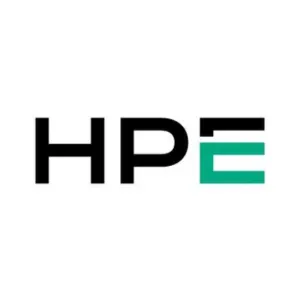

.webp)











.webp)





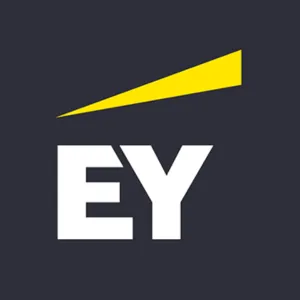

.webp)

.webp)

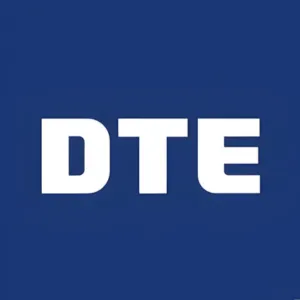
.webp)
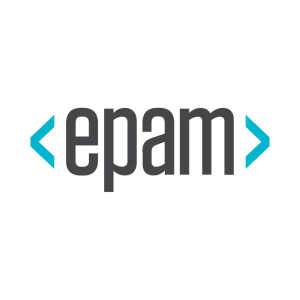

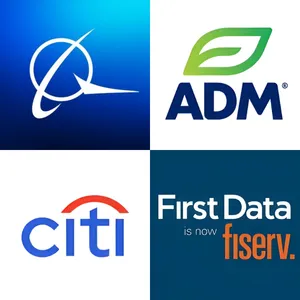





.webp)

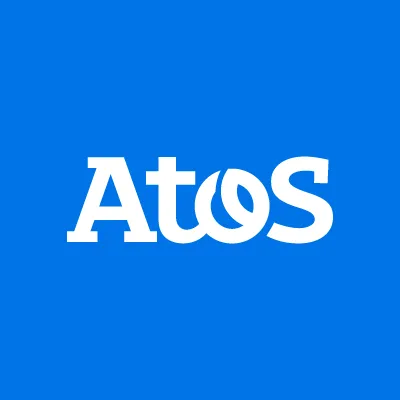
.webp)




.webp)




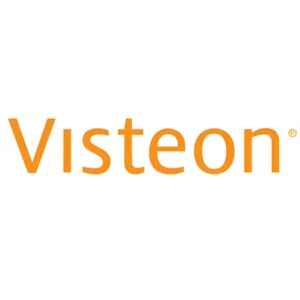

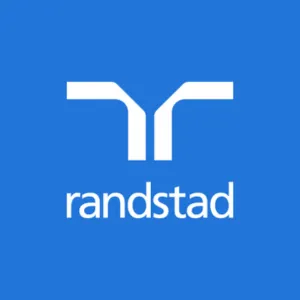



.webp)

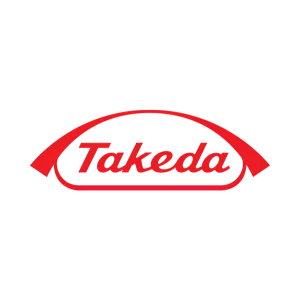









.webp)

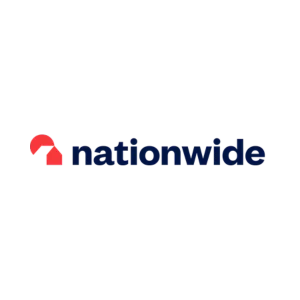
.webp)



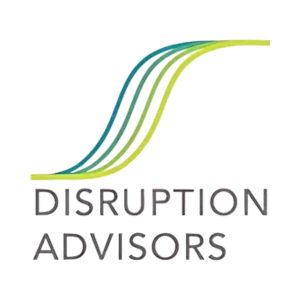









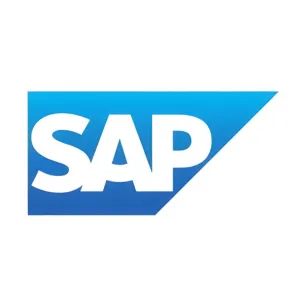

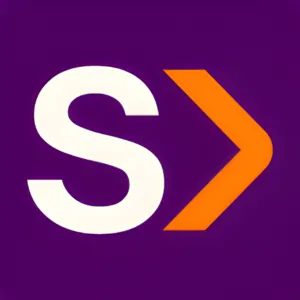




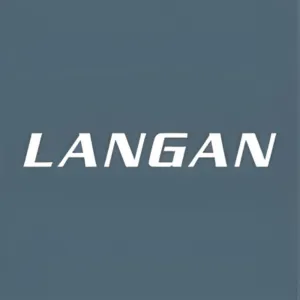

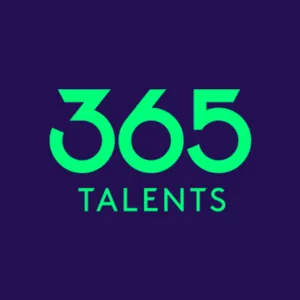





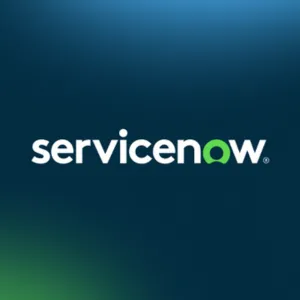



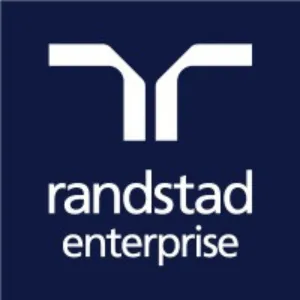

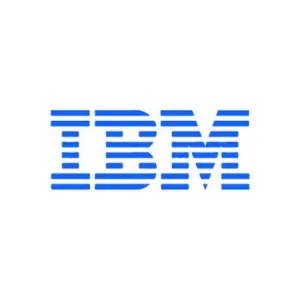



























































.webp)